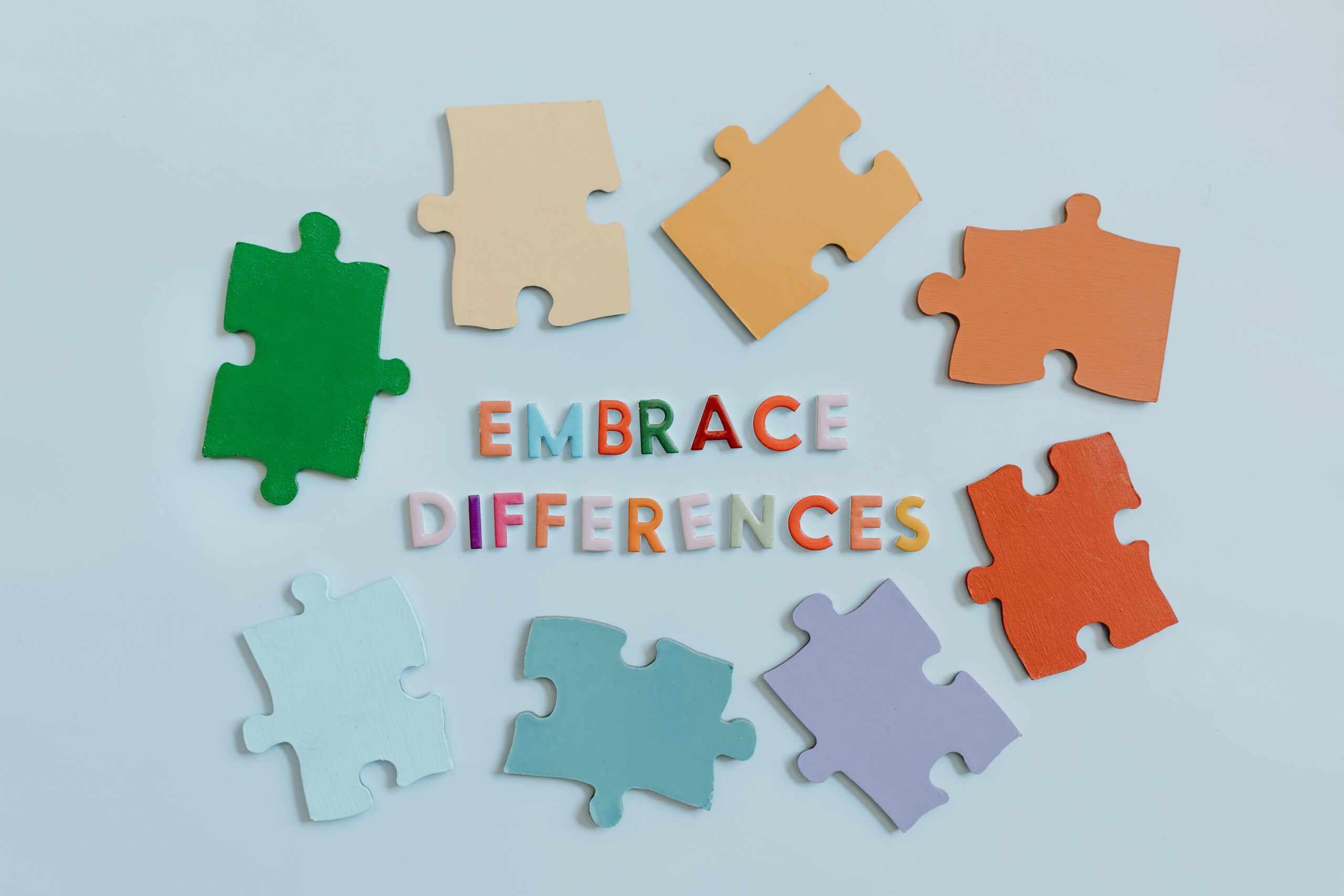Autism – What Is It and What Changes Have Been Made in Its Classification?
Autism, now referred to as autism spectrum disorders (ASD – Autism Spectrum Disorder or ASC – Autism Spectrum Condition), is a complex developmental disorder that affects how a person perceives the world, communicates with others, and behaves.
Autism in the United Kingdom
In the United Kingdom, the term ASC (Autism Spectrum Condition) is used to avoid the negative connotations associated with the word "disorder." Similar to Poland, the process of implementing the ICD-11 classification is gradual and depends on the region and medical institutions.


Characteristics of Autism
Autism is characterised by a wide range of symptoms, which may include: ● Difficulties in social interactions – problems with forming relationships, understanding others' emotions, and engaging in conversation. ● Specific behavioural patterns – repetitive movements, attachment to routines, strong interest in details. ● Unusual sensory responses – hypersensitivity or hyposensitivity to sounds, light, textures, or tastes.
Causes of Autism
The causes of autism are not fully understood. Research indicates a complex interaction between genetic and environmental factors. There is no single "cure" for autism, as it is considered a condition rather than a disease. However, early diagnosis and therapeutic support can significantly improve the quality of life for individuals with ASD and their families.


Support for People with Autism
People with autism can lead fulfilling lives with the right support, which includes: ● Individual and group therapy. ● Specialised education tailored to their needs. ● Assistance with adapting their environment, such as in schools or workplaces. Autism is a diversity that enriches our society. It is important to provide everyone with support and understanding so they can fully realise their potential. Social education and creating a friendly environment for people on the autism spectrum are key elements in building an inclusive and aware.
New Autism Classification – ICD-11
Since 1st January 2022, the World Health Organisation (WHO) has introduced the new International Classification of Diseases (ICD-11), which replaced the previous version, ICD-10.
The new classification:
● Separate diagnoses such as childhood autism,
atypical autism, and Asperger's syndrome have been removed.
● A unified category of "autism spectrum disorders"
(code 6A02) has been introduced, taking into account intellectual functioning levels and
communication abilities.
● Poland, like other WHO member countries, is gradually implementing this
with full implementation of ICD-11 expected in
the coming years.
● The removal of the term "Asperger’s syndrome"
The decision to retire this term was made in response to the need for simplifying diagnoses and the historical controversies surrounding Hans Asperger. Individuals previously diagnosed with Asperger’s syndrome are now classified within the autism spectrum, considering individual differences in functioning.

